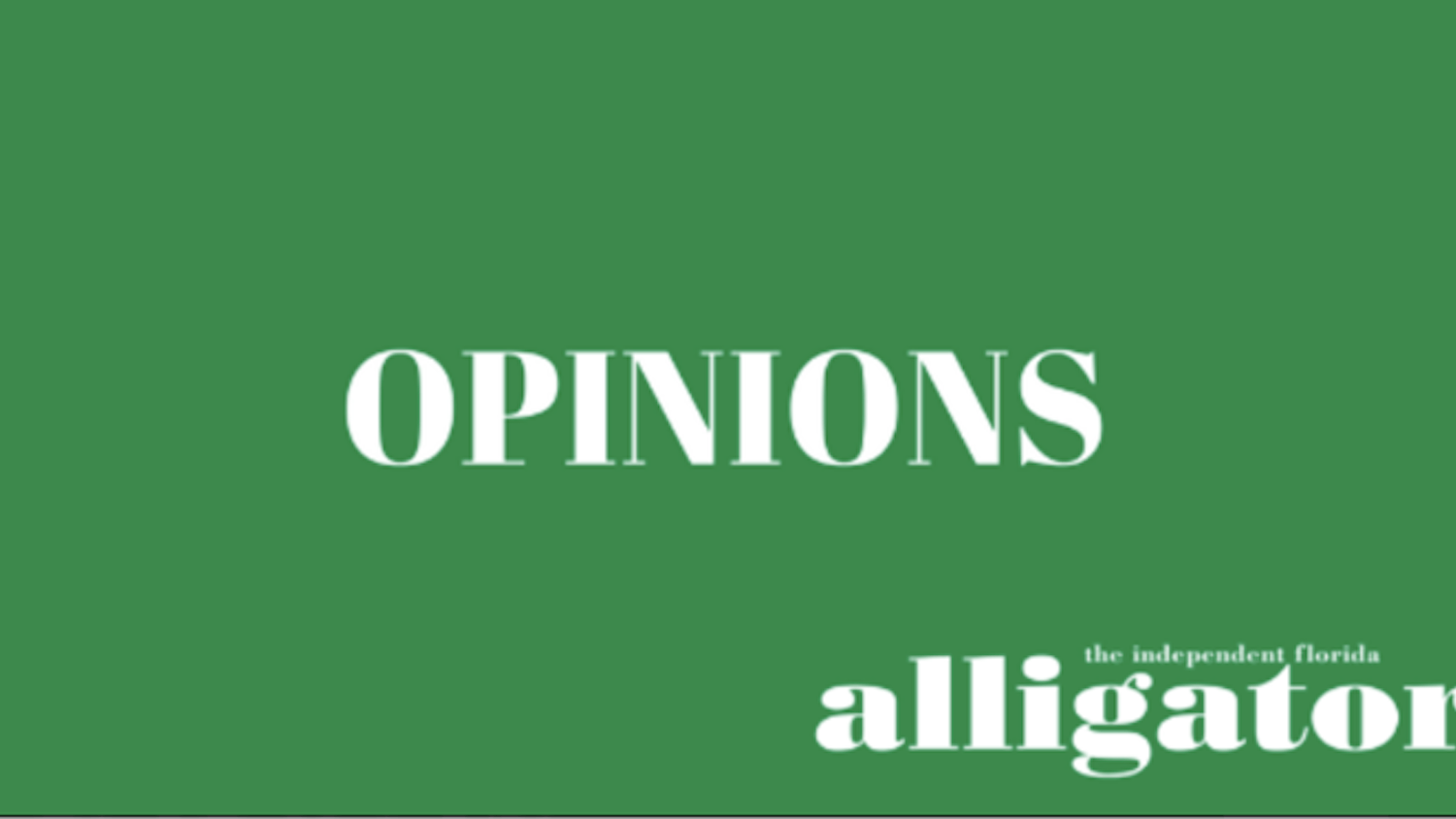It’s used for research, networking and dating — Society has a dependency on the Internet and email. But would your dependence decline if Uncle Sam was taxing you?
In a March meeting, California Councilman Gordon Wozniak suggested imposing a “bit tax” that would charge Internet users a cent for every gigabit of data he or she uses and “a very tiny tax on email,” according to Fox News.
The taxes would bring in billions of dollars a year and benefit the local economies, Wozniak said.
UF economics professor Mark Rush dismissed the idea, saying he doesn’t think the proposition will make it very far in Florida. He said there have been repeated attempts in the state to apply sales taxes on the service industry, which have been repealed after newspapers editorialize against them.
Jeff Davis, a UF law professor, compared the “bit tax” to taxes on gasoline. He said the Internet is attractive to the government because it has become an integral part of people’s lives.
“The idea, in a sense, is that people are trapped,” he said.
Although Wozniak said the tax would benefit the economy, Rush said it is not reasonable to tax people for the webpages they access and the information they send.
By taxing email and Internet, communication would be limited, which could turn out to be unprofitable, he said.
At UF, students said the tax would be an additional expense. Some called it restraining and an infringement of their freedoms on the Web.
John Vidal, 27, a UF junior majoring in telecommunications and minoring in computer science, said he thought the tax would be an invasion of privacy if the government monitors emails.
“I wouldn’t use the Internet less, but I would find other ways,” he said.
Aylin Kavrakov, 19, a UF advertising freshman, said the proposition for a tax is not in her favor because she uses the Web and sends emails daily.
“I have to use the Internet, and I can’t afford to lose money on something as ridiculous as that,” she said.





